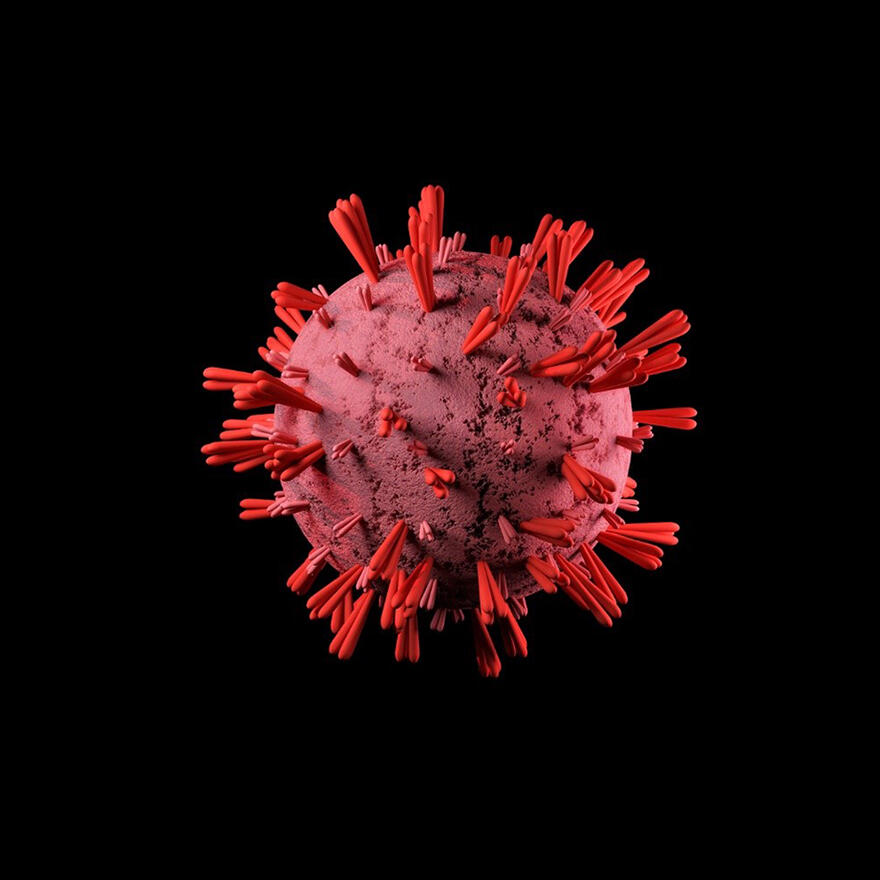The joint research group of Visiting Scientist Jun Akimoto (Senior Researcher at R-NanoBio Co., Ltd.), Team Leader Yoshihiro Ito, and Visiting Scientist Nobuhiro Morishima of the RIKEN Center for Emergent Matter Science and Professor Hiroshi Nakajima of Chiba University Graduate School of Medicine has developed a system that takes a drop of blood (5 microliters) from a fingertip and, in eight minutes, automatically measures its amount of antibodies against COVID-19 variants. According to Team Leader Ito, "We would like to make it possible, by conducting tests at hospitals, to determine whether individuals should receive further vaccination during the COVID-19 pandemic." The work was published in the journal Analytical Sciences.

The joint research group has immobilized the nucleocapsid protein and spike protein that compose COVID-19, as well as the spike proteins of six COVID-19 variants, onto a single microarray chip, and have shown that the amount of antibodies against these multiple proteins can be quantitatively and completely automatically measured. The amount of antibodies that bind to the nucleocapsid can be used to confirm that an individual has experienced a COVID-19 infection, and the amount of antibodies that bind to the spikes are measures of how well the antibodies protect the body's cells from the virus. Because the amount of antibodies against multiple COVID-19 variants can be measured in a single measurement, the effectiveness of the antibodies in protecting against infection from COVID-19 variants can be evaluated.
The device is a modified version of a mobile immunoluminescence analyzer by Nippon Chemiphar Co., Ltd. Each protein is immobilized on the microchip array by using the photo-immobilization method developed by Team Leader Ito, and, after reacting with the blood as a whole, a luminescent reagent is added to measure chemiluminescence. Then, antibody volumes can be measured by the amount of light that is emitted. The research group says that, even if a new COVID-19 variant appears, the device can be immediately adapted to it.
Team Leader Ito stated that, "We would like to start the testing service in August or September. It will be about ¥5,000 to ¥10,000 per sample. We have a system in place that allows us to sell the equipment and reagent cassettes as quickly as possible when a partner company becomes available. The equipment will cost about ¥2.5 million, and the reagents will cost about ¥5,000."
This article has been translated by JST with permission from The Science News Ltd.(https://sci-news.co.jp/). Unauthorized reproduction of the article and photographs is prohibited.




